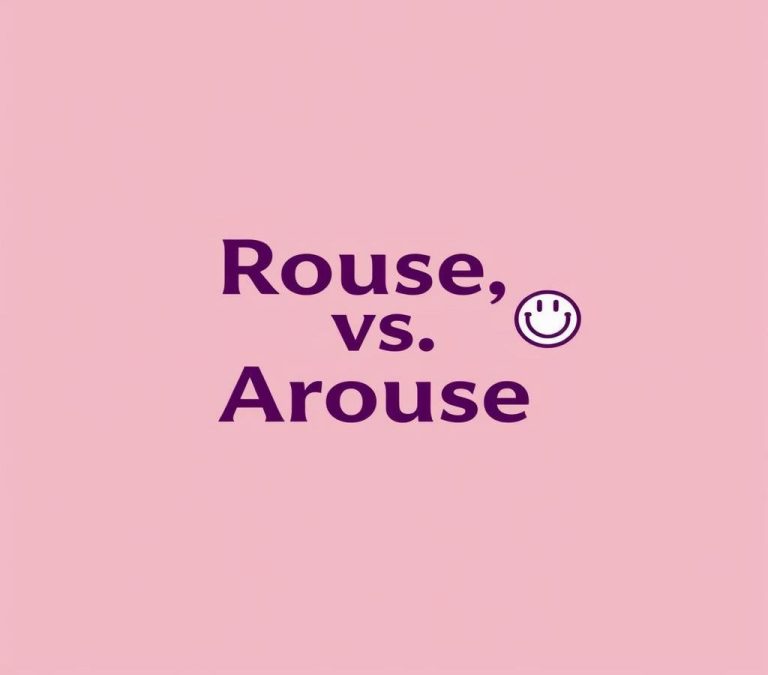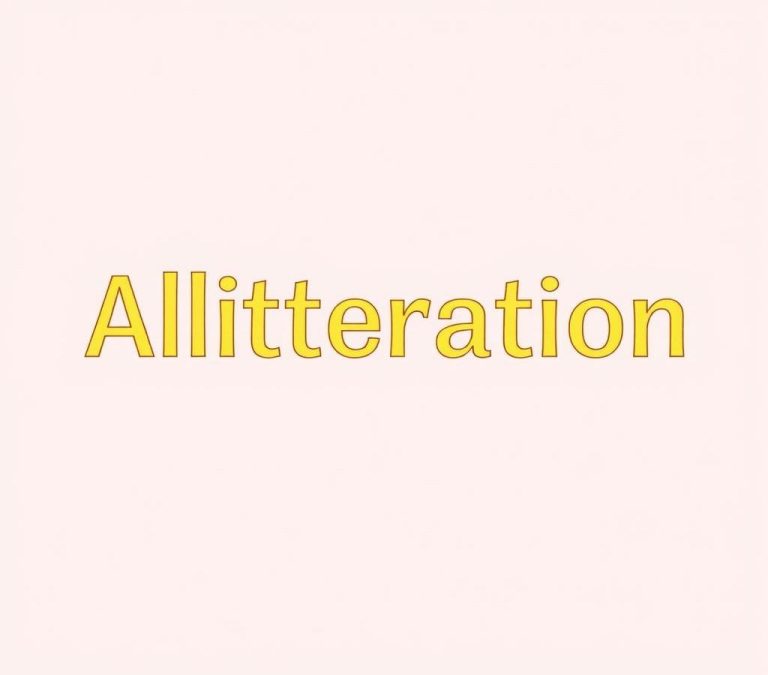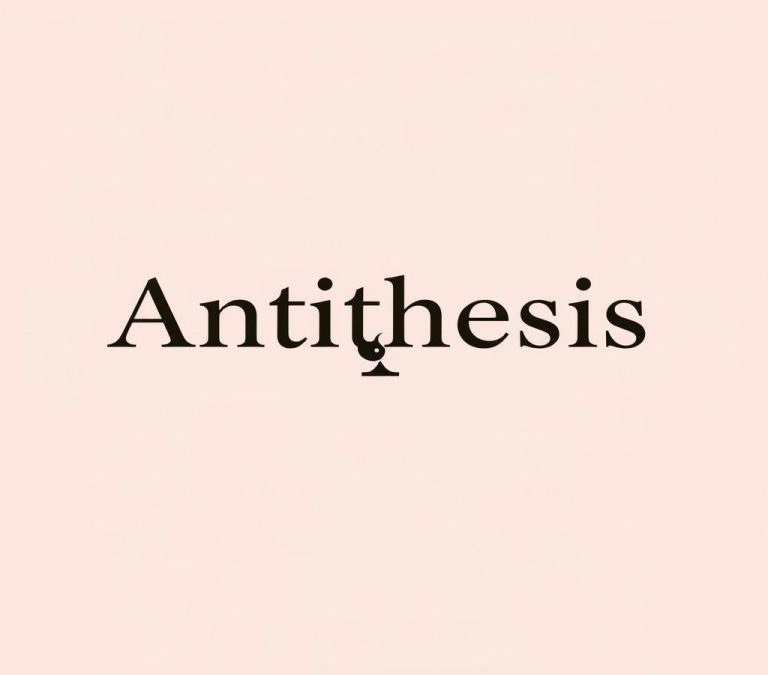Requester vs. Requestor: Grammar Usage & Correct Spelling
The words “requester” and “requestor” can be confusing. Both terms are often used interchangeably, but is there a correct spelling? Understanding the difference and choosing the right one can improve your writing. This article explores the meanings, usage, and origins of “requester” and “requestor” to help you make an informed choice.
Quick Answer
Both “requester” and “requestor” are acceptable spellings, but “requester” is the preferred choice in British English, while “requestor” is more commonly used in American English. Ultimately, the choice between the two depends on your personal preference or the style guide you’re following.
Why There is Confusion
The words “requester” and “requestor” often cause confusion because they seem to mean the same thing and are used in similar contexts. Both terms refer to someone or something that makes a request. However, consistent usage hasn’t settled on one definitive spelling, leading to uncertainty and inconsistency. This article aims to clarify the differences and specific usages of these two terms to help you use them correctly.
What Does Requester Mean?
The term “requester” is most commonly used to refer to a person or entity that makes a request. In most dictionaries and usage guides, “requester” is the more commonly accepted form. It is widely recognized and used in both general and formal contexts.
For example:
- The requester of the data must fill out a formal application.
- Our department handles all requests, and the requester is usually notified within two business days.
What Does Requestor Mean?
“Requestor” is a less commonly used variant of the word “requester” and is often seen in specialized contexts, particularly in legal, technical, and IT fields. The spelling “requestor” might be preferred in these contexts to align with specific jargon or institutional preferences.
For example:
- The requestor of the software update must adhere to the company’s IT policies.
- In the legal document, the requestor outlined his demands in detail.
Differences Between Requester and Requestor
Differences in Parts of Speech
While both “requester” and “requestor” function as nouns, thus referring to the person or entity making a request, the choice of one over the other can sometimes depend on the part of speech within the sentence. However, most of the time, this difference is negligible and context-driven rather than grammatical.
Differences in Usage and Context
The major difference between “requester” and “requestor” is their context of usage:
- General Usage: “Requester” is the standard form used in everyday language, business settings, and most professional writing. It is the go-to term when referring to anyone making a request.
- Specialized Usage: “Requestor” tends to appear in specialized contexts such as legal documents, technical writing, and industry-specific jargon. It is often used to align with traditional terminology within a particular field.
Differences in Regional Preferences
Regional preferences can sometimes dictate the choice between “requester” and “requestor.” While these preferences are not strict rules, they do influence common usage. For example:
- American English: Both “requester” and “requestor” are used, but “requester” is more prevalent in general contexts.
- British English: “Requester” is almost exclusively used, with “requestor” being rare and often considered incorrect.
Synonyms of Requester
In case you want to avoid confusion altogether, there are several synonyms for “requester” that can be used depending on the context. These include:
- Asker
- Applicant
- Petitioner
- Seeker
- Claimant
Example Sentences:
- The petitioner submitted a formal application for a license.
- The applicant was asked to provide supporting documents.
Synonyms of Requestor
Similarly, if you prefer not to use “requestor,” various synonyms can convey the same meaning:
- Demander
- Solicitor
- Supplicant
- Proposer
Example Sentences:
- The proposer outlined his suggestions in a detailed proposal.
- The solicitor approached the council for approval of the plan.
Examples of Usage
To further clarify the appropriate usage of “requester” and “requestor,” here are some examples that contrast their applications in different contexts:
- Requester: The requester of the loan must submit income verification documents.
- Requestor: The requestor filed a formal motion with the court.
Additional examples:
- Requester: Information about the project was sent to the requester via email.
- Requestor: The requestor needs to comply with international regulations before proceeding.
Conclusion
The confusion between “requester” and “requestor” arises from their similar meanings and uses, but subtle differences in context and regional preferences can guide their correct usage. Generally, “requester” is the broader and more widely accepted term, suitable for most general and professional contexts. “Requestor,” on the other hand, tends to appear in specialized fields such as legal and IT jargon.
Understanding these nuances can help you choose the right word for the right situation, eliminating uncertainty and ensuring your communication is clear and precise. Whether you opt for “requester” or “requestor,” remember that consistency in your usage will significantly enhance your writing’s professionalism and readability.







